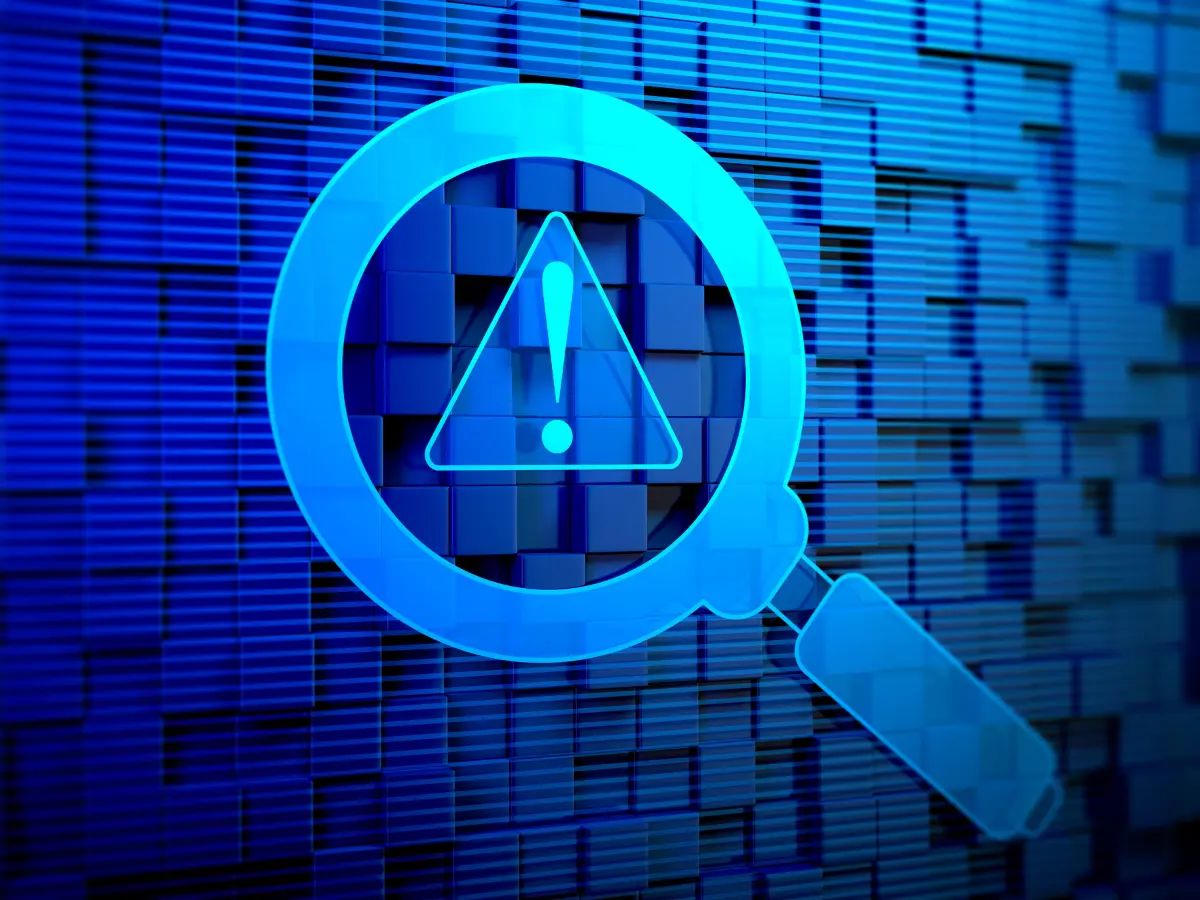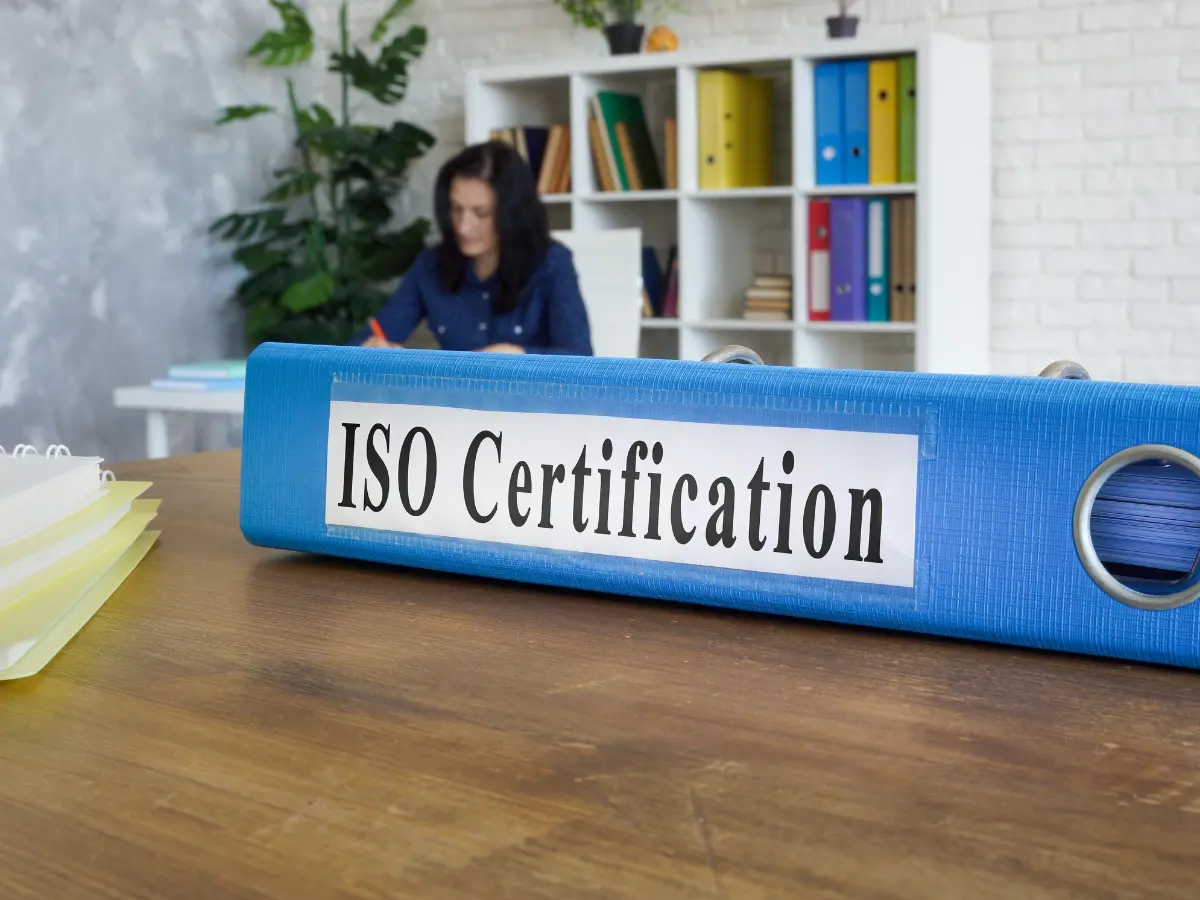Through the ages, information has always been a weapon, especially in the world of business. Organisations use consumer data to understand their stance, analyse competitors, and tailor their marketing efforts. So, where does NDPR compliance come in?
Without the regulation of personal data, modern society could be at risk. Consider this: how do pharmaceutical companies identify public health needs? Consumer data is key. However valuable personal information may be, for reasons it also faces risks of being misused and exposed to dangers such as unauthorised access loss and compromise, which can have serious outcomes, like fraud impersonations and targeted assaults.
The Nigerian Data Protection Regulation (NDPR) was introduced in 2019 as a measure to ensure the security of information in Nigeria’s landscape; however, with the continuous advancements in technology and emerging threats, the call for more robust and extensive regulations on safeguarding personal data became increasingly apparent.
A Quick Overview of the Data Protection Law in Nigeria
The NDPR was introduced as Nigeria’s first data protection regulation to protect the personal data of Nigerian citizens, both at home and abroad. While effective to an extent, it faced limitations in legislative power and enforcement.
In 2023, the Nigerian Data Protection Act (NDPA) made some changes by replacing the NDPR to enhance data protection practices in alignment with those in the General Data Protection Regulation (GDPR). It focuses on defining the roles and responsibilities of data controllers and processors, establishing penalties for non-compliance, and upholding the rights of data subjects within Nigeria’s jurisdiction under the oversight of the Nigerian Data Protection Bureau (NDPB), which assists organisations in navigating compliance requirements.
Why is NDPR compliance Important?
In mediaeval times, kingdoms had robust defence systems—moats, walls, and soldiers—to guard against intruders. Similarly, today, laws like the GDPR and NDPA are essential to safeguarding citizens’ data. But why should organisations take these steps to NDPR compliance seriously?
Fines
The Nigerian data protection regulations impose significant fines on organisations that default. Non-compliance can result in fines as high as 2% of an organisation’s global annual turnover or NGN 10 million, whichever is greater.
Sanctions
The NITDA (National Information Technology Development Agency) has the authority to revoke licenses or place bans on organisations that fail to comply with the data protection regulations.
Civil Liabilities
Organisations can be held accountable for damages caused to data subjects due to non-compliance.
Loss of Trust
Failing to comply with data protection laws can severely damage an organisation’s reputation, causing a loss of trust among clients and partners.
Increase in Clientele
Organisations that comply with the NDPR are publicly listed on the NDPB’s website, which signals trustworthiness and can attract more clients.
Requirements for NDPR Compliance
The NDPB enforces data protection and privacy standards in Nigeria. Here are some essential compliance requirements for data controllers and processors:
Annual Data Protection Audits
Organisations must file an annual data protection audit with the NDPB through a licensed Data Protection Compliance Organisation (DPCO).
Data Protection Impact Assessments (DPIAs)
Conducting DPIAs to evaluate and minimise risks to data subjects is essential.
Breach Notification
In the event of a data breach, organisations must notify the NDPB within 72 hours of becoming aware of the incident.
6 Steps to NDPR Compliance That You Should Know
Comply with the NDPR with the following steps:
Step 1. Define Your Position
Decide if your company functions as a data controller or data processor according to the NDPR regulations in place. A data controller has the task of determining the methods used for gathering data and how it is handled and stored, whereas a data processor handles data on behalf of the controller.
Step 2: Evaluate Your Company
Once you’ve identified your role, assess your current data protection practices. Ensure that data collection and processing align with the NDPR and that data subjects understand the process and have given consent.
Step 3: Address Identified Issues
If gaps in data protection are discovered, work to resolve them. For instance, consider encryption technologies if storing data securely is a challenge.
Step 4: Appoint a Data Protection Officer (DPO)
Like the GDPR, the NDPR requires certain organisations to appoint a DPO to oversee compliance. If resources are limited, you can outsource this role to a consultancy specialising in data protection. organisations
Step 5: Submit Compliance Reports
Organisations processing data from over 1,000 data subjects within six months or over 2,000 in 12 months must submit an annual compliance report to the NITDA. This report should include a description of data processing activities, organisational data protection policies, and proof of NDPR compliance.
Step 6: Train Your Staff
An effective data protection strategy requires that all staff members are well-trained in data protection principles and NDPR compliance practices.
By adhering to these guidelines for meeting NDPR requirements in Nigeria, companies can enhance data security measures, establish credibility with clients, and adhere to the country’s data protection regulations.
To help with this, a licensed data protection consultancy can be hired.
Conclusion
Safeguarding data is important to all parties involved. Particularly, the data subjects. This birthed the NDPR, NDPA, GDPR, and other data protection laws around the world.
Compliance with the NDPR is a sure way to ensure your organisation is on the right track to data protection. Follow the steps included to achieve full compliance.
As straightforward as it seems, many organisations fall into the categories below:
- Do not know what data protection is.
- Know about Data protection but are non-compliant
- Willing to comply with data protection regulations but don’t know how
- Understand data protection, aware of the NDPR and like laws, but need external help.
If you fall into any of the groups, JOHAN CONSULTS is the agency for you. You can visit our website to begin your data compliance journey.











